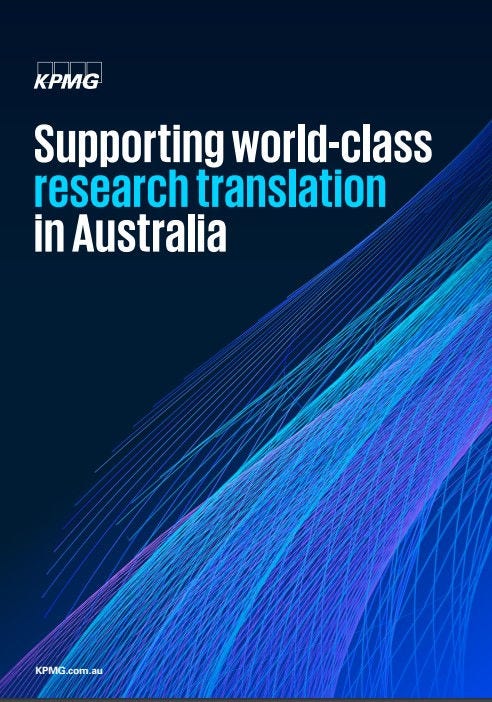Change within the research world in the UK seems inevitable; the UK looks set to escape the clutches of Brexit induced purgatory with an answer on Horizon Europe tantalising close. Not only this but the UK Government is saying all the right things about the importance and significance of research, particularly science research to the country; there is a dedicated new department, DSIT with its own seat at a cabinet, promised funds and a new ambitious framework .
There are new Government sponsored initiatives such as ‘investment zones’ and ‘collaborative funds’ which are vehicles that can be used to unlock research potential. The Nurse review which examined and suggested fixes for the fractured nature of the system in the UK is feeding into this change and although the UK research system still contains immense complexities it feels inevitable that a more joined up approach is the only way forward.





